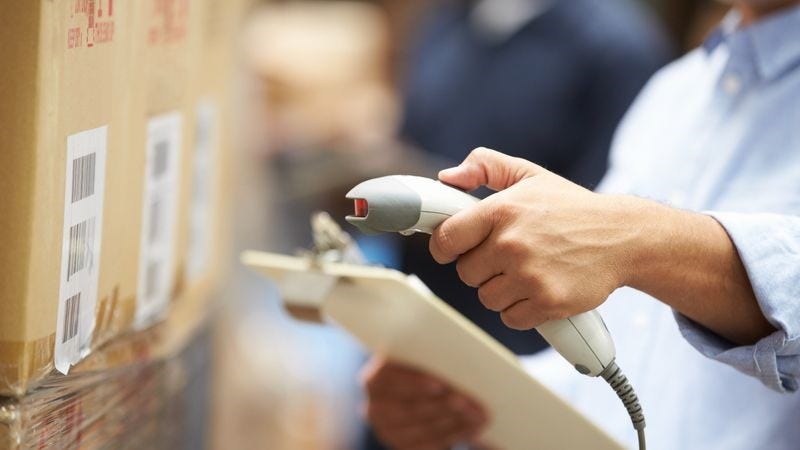Some consumer products, such as alcohol and tobacco, can have negative health effects. To control their consumption, the Indonesian government imposes excise taxes, affecting the accessibility and prices of these products. While the regulation of these products helps promote public health, it also poses challenges for businesses that manufacture, distribute, or sell these goods. Therefore, understanding excise taxes is crucial for businesses to ensure compliance and manage costs effectively.
What is an excise tax, and why is it implemented?
Excise tax is a levy imposed on specific goods as defined by a country’s excise laws. In Indonesia, excise taxes are regulated under Law No. 39 of 2007 on Excise, which applies to products manufactured in Indonesia and excisable goods imported upon their admission into customs.1
The primary purpose of excise taxes is to control negative externalities—situations where the consumption or production of certain goods leads to adverse effects, such as health risks or environmental harm. This means they increase the cost of these products with excise taxes to help discourage excessive consumption. Then, they use the revenue they generate from these taxes to fund state projects.2
How do Indonesia’s excise taxes work
For businesses dealing with excise goods, understanding how excise tax calculations work is essential for integrating them into pricing and cost structures. In Indonesia, excise taxes are typically imposed as a percentage of the product’s retail price. The excise tax rate is influenced by the severity of a product’s adverse effects—the greater the potential impact on public health or the environment, the higher the tax rate.
For example, due to tobacco’s adverse health effects, the excise tax on tobacco products in Indonesia is among the highest. Locally produced tobacco products are subject to an excise tax rate of 275% when calculated based on the factory selling price or 57% when based on the retail price to curb tobacco consumption. On the other hand, imported products are also subject to 275% when calculated based on the factory selling price but with additional import duty or 57% when based on the retail price.3
What are the types of excise goods in Indonesia?
There are two types of excised goods in Indonesia, including:
1. Ethyl alcohol
Also known as ethanol, ethyl alcohol refers to a colorless liquid with the chemical formula C₂H₅OH. It is classified as an excisable product when obtained through fermentation, distillation, or chemical synthesis. Excise taxes are also applicable to beverages that contain ethyl alcohol, whether used as a raw ingredient or an indirect material in their production.4
2. Tobacco products
It’s reported that in 2023, around 28.6% of Indonesians ages 15 and above were smokers.5 To address this, the government imposed a tax hike on tobacco products, making them the most heavily taxed excise goods. Some of these tobacco products include:
- Cigarettes
- Clove cigarettes (Kretek)
- White cigarettes
- Machine-made white cigarettes
- Rhubarb incense cigarettes
- Cornhusk cigarettes
- Cut tobacco
- E-cigarettes
- Other tobacco-related products6
Navigating excise tax challenges as a business

Managing excise taxes is essential for businesses in Indonesia producing and importing excisable goods, as non-compliance can lead to financial penalties and operational disruptions. Given the impact of excise taxes on pricing, supply chain management, and overall profitability, businesses must develop strategic approaches to ensure compliance while maintaining cost efficiency. Some key strategies to navigate excise tax challenges include:
1. Stay updated with regulations
Excise tax laws in Indonesia are frequently revised, with officials often changing tax rates, compliance requirements, and enforcement policies. The government may introduce higher tax rates on specific excise goods in the future to further discourage consumption, or it may adjust regulations to align with international trade agreements.
To avoid unexpected tax liabilities, businesses should regularly monitor updates from Indonesia’s Directorate General of Customs and Excise and other regulatory bodies. Additionally, engaging tax consultants or legal experts can help ensure full compliance with evolving regulations.
2. Integrate excise taxes into pricing strategies
Since excise taxes significantly impact production costs and retail pricing, businesses must develop effective pricing strategies to sustain profitability. A sudden increase in tax rates can erode margins, making products less competitive in the market. To counter this, businesses must take a strategic approach by factoring excise duties into product pricing, production costs, and long-term financial planning.
3. Partner with logistics experts
For businesses involved in importing, exporting, or distributing excisable goods, it’s important to partner with logistics and shipping providers with expertise in customs regulations, tax structures, and international trade policies. Partnering with experienced international logistics providers, such as DHL Express, can help businesses streamline customs clearance, tax compliance, and supply chain management.
Our logistics experts can assist you with understanding what duties, taxes, and documents are required for importing and exporting excisable goods, ensuring smoother transactions. By leveraging the expertise of global logistics providers, businesses can avoid costly disruptions, optimize import-export processes, and maintain compliance with Indonesia’s excise tax laws.
Let DHL Express help you with handling duties and taxes associated with excisable goods
Fully grasping the complexities of excise taxes and keeping up with their ever-changing regulations can be challenging for businesses dealing with goods such as tobacco, alcohol, and other regulated products. From ensuring accurate tax calculations to managing customs documentation and clearance, strict compliance is essential to avoid penalties, shipment delays, or even confiscation of goods.
DHL Express, a global leader in international logistics and shipping, provides custom clearance services and end-to-end support to help businesses simplify the delivery and customs process. With extensive experience assisting businesses in Indonesia and worldwide, we ensure efficient, hassle-free delivery of excisable goods. Open a business account with DHL Express today to get started.
For more tips, check our insight into prohibited and restricted goods in Indonesia and shipping dangerous goods.

